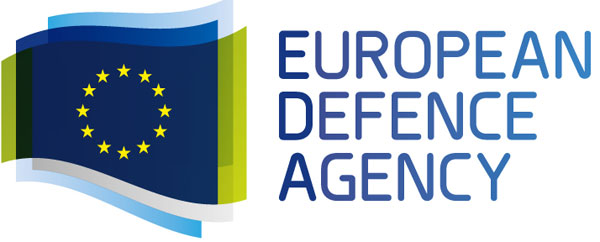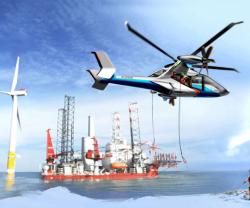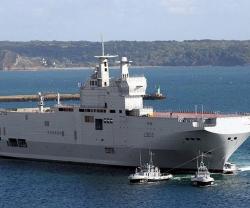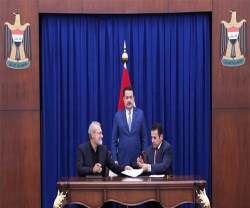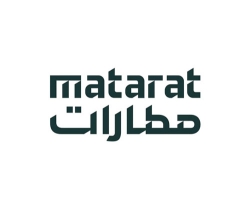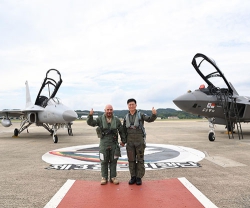The overall turnover of the European land defence industry is 17 billion Euros annually and it directly employs almost 130.000 high-skilled workers. The land defence sector produces a whole range of products needed by Member States’ armies. Land sector industrial activity is mainly supported by the domestic market enabling six billion Euros of exports annually outside the European Union.
“The land defence industry is not only vital for ensuring key capabilities but also for growth and competitiveness in Europe”, said Claude-France Arnould, Chief Executive of the European Defence Agency.
To complement its work in the land sector, EDA launched a 12-month Future Land Systems (FLS) study to provide a comprehensive review of the land systems industrial sector, examining the demand and supply side challenges, with the overall aim of contributing to more cohesive, effective and stronger European defence capabilities.
The FLS study used a methodology based approach to collate all available information on future military capability requirements. In parallel, a detailed stocktaking of the global land related Defence Technological and Industrial Base was undertaken. The resultant gap-analysis identified critical areas for action, providing as well roadmaps with short, mid and long term actions up to 2030, to address the identified shortfalls. Some of the findings address areas of transversal and cross-sectorial nature and as such, will contribute to the EDA’s broader European Defence Technological and Industrial Base (EDTIB) work.
The study concluded that the European land industrial sector is more fragmented and less consolidated, than the air and naval sectors. It is characterised by overlapping, redundant structures and short production runs, mainly at national level. In the current financial climate this model is no longer viable and Europe is in danger of losing key capabilities, skills and know-how.
Conversely, most of the deployed troops are ‘land forces’ and it remains the responsibility of each Member State to ensure that they are properly equipped. This will secure not only the wellbeing of the men and women in operations, but also enable them to effectively discharge their duties. The FLS study highlighted the need for improvement of interoperability between the Member States armed forces and recommended that better cooperation, including Pooling & Sharing, is more crucial than ever.
Three distinct areas for prioritised actions were identified:
- Launching European demonstrator programs: EDA’s work identified program shortfalls and means to address them. Member States’ contribution through Research and Technology, demonstrators and collaboration programs to mitigate the identified gaps will be vital;
- Common action on key enabling technologies and modern design methods with special focus on technologies of transversal nature; and
- Industrial activities: the FLS roadmap provides recommendations in areas with anticipated high impact on the supply chain, such as maintenance of skills and know-how. It also provides new models for an efficient industrial supply chain to support Pooling & Sharing and addresses the challenges of the intra-European and global competition, such as from Asia and Latin America.
The next step is the development of a realistic action plan for Future Land Systems. The main areas of focus in EDA’s work are:
- Improving the efficiency of the land related supply chain with special focus on Small Medium Enterprises (SMEs);
- Actions to mitigate the risk of losing critical skills and know-how, taking advantage of wider EU policies;
- Member States priorities to commonly invest on identified critical technologies with priority on those of dual nature;
- Actions to mitigate the identified erosion of key industrial capabilities in Europe, with
- Areas to promote Pooling & Sharing activities among EU nations; and
- Identifying areas where Member States could launch demonstrator programs to mitigate existing or potential shortfalls.

